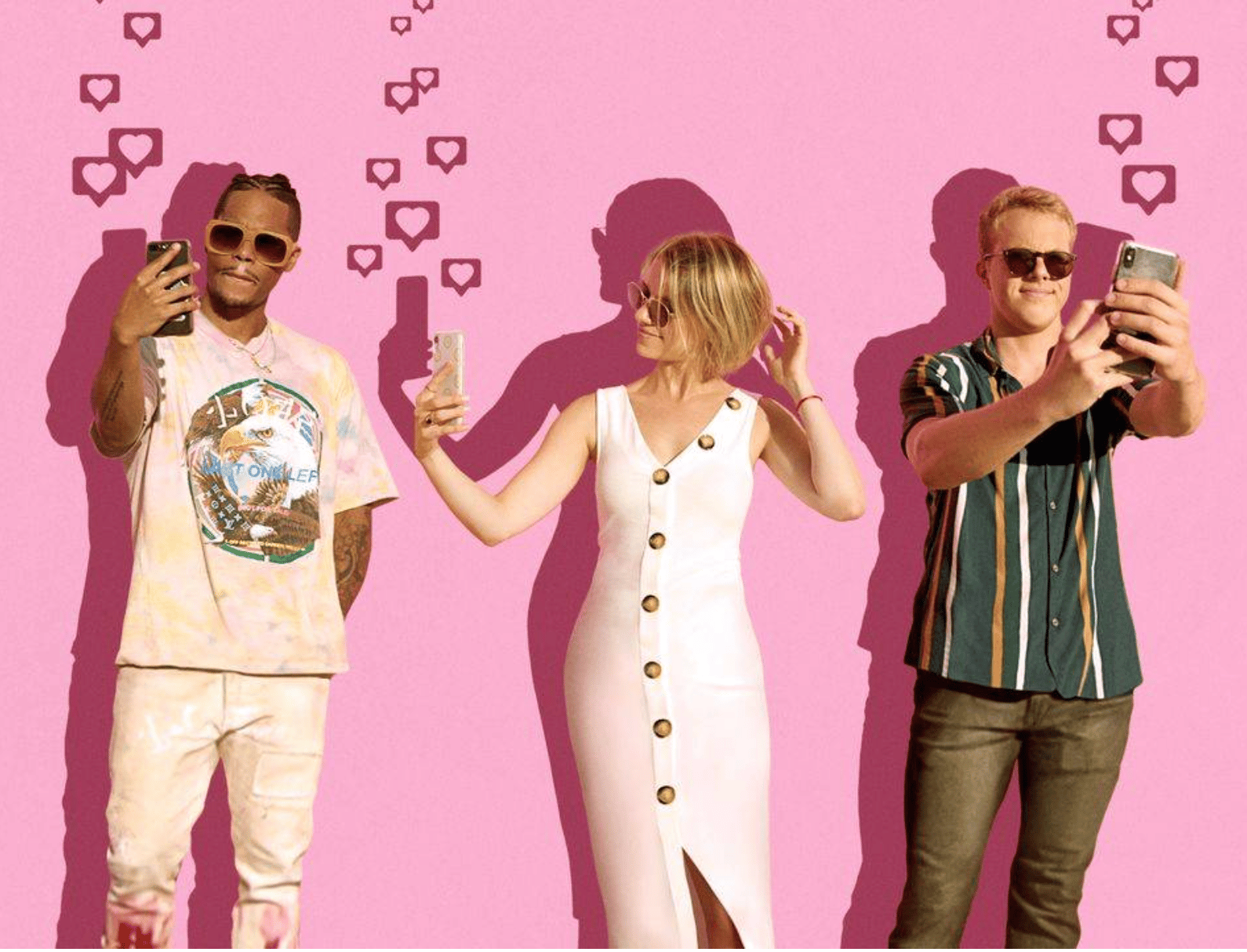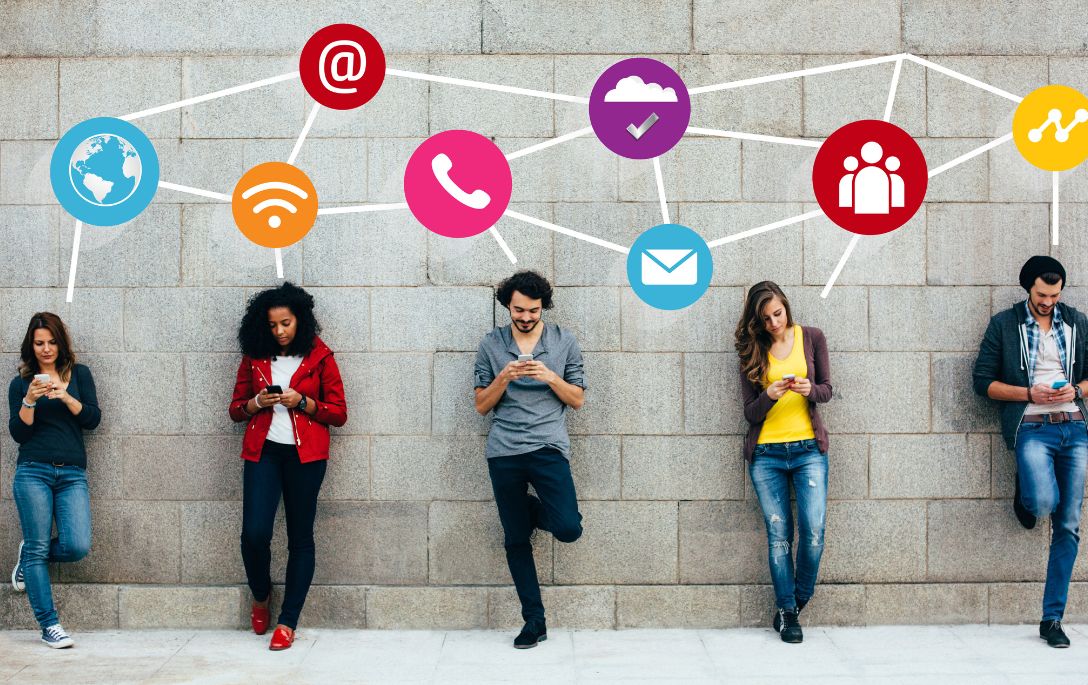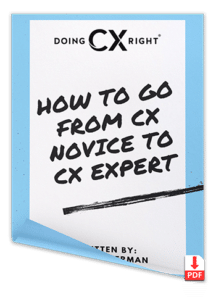Social media has become a central aspect of our lives, enabling us to connect easily with others and share thoughts, experiences, and passions. Yet, with the increased use of platforms like Linkedin, Instagram, TikTok, and others, people get caught up in the race to accumulate as many followers as possible. To boost their online presence, they are buying fake followers, likes, and comments to appear popular and influential.
What is the actual cost of fake followers? Is it worth sacrificing authenticity and trustworthiness? I say NO! NEVER! Don’t ever be “fake famous.”
If you are unaware of what I am referring to, watch the HBO documentary “Fake Famous.” It dives deep into social media influencers’ culture. You’ll quickly learn that the concept of fame in the digital age is complex, multifaceted, and worthy of critical examination.

About “Fake Famous”
The HBO documentary follows director and journalist Nick Bilton as he sets out to manufacture fame for three people by buying fake followers and engagement for them on social media platforms. Through this experiment, the film examines how social media algorithms and user behavior contribute to the creation and maintenance of online celebrities. It raises questions about the authenticity and value of online influence. The movie also explores the impact social media fame can have on the individuals who attain it and the consequences of the pursuit of online celebrity.
Favorite Quotes & Lessons From “Fake Famous”
“Fame is not what it used to be. It’s not about talent anymore. It’s about who can game the system the best.” (Nick Bilton).
This quote highlights the changing nature of fame in our digital world and the importance of being smart and strategic in building an online presence.
“Social media is not real life. It’s a highlight reel.” (Winnie Harlow)
This reminds us that what we see online is often an intentionally curated and edited version of reality. Remember that behind social media accounts is a real human being with struggles and challenges.
“The more fake followers you have, the more fake followers you have to buy to maintain the illusion.” (Nick Bilton)
This underscores the danger of relying on fake followers or engagement to create the appearance of influence. It can quickly become a vicious cycle that is challenging to break.
“Fame is like a disease, and can consume you.” (Chris Bailey)
This highlights the potential downsides of pursuing fame and the importance of balance and staying grounded as a celebrity.
“The social media world is a very fragile and fickle place. One day you’re hot, and the next day you’re not.” (Nick Bilton)
This reminds us that online fame and influence can be fleeting. Focus on building honest connections and a solid foundation for your online presence rather than racking up many followers.
How To Tell If An Influencer Is Fake
Search for red flags: For example, an unusually high number of followers or engagement, an excess of sponsored content, or a lack of authenticity in their content or interactions.
Observe the level of engagement: If an influencer has a large number of followers but a relatively low number of likes, comments, and shares, this may be a sign that they have purchased fake followers.
Check for inconsistencies: For example, if an influencer claims to be a travel blogger but has few or no photos of themselves traveling, this may be a clear indication.
Research influencer’s background: For example, if someone claims to have a large following but has a relatively small online presence before a sudden surge in popularity, this may be a sign that the person bought followers.
In Sum: Influencer Marketing Is Not Going Away.
When done right, influencer marketing can effectively generate brand awareness and positive outcomes for individuals and brands. Yet, the old saying “less is more” is still valid in our high-tech digital world, so focus your efforts on maintaining trust versus fake fame.
Learn More About Influencer Marketing
Subscribe to my newsletter to get notified of upcoming articles about how to be a highly regarded influencer in your industry and best practices to leverage influencers in shaping customer perceptions and value in the long run.
Also, listen to Doing CX Right Podcast or video where I interviews Neal Schaffer, a sales and marketing expert, author, and keynote speaker.
Press Play To LISTEN to Doing CX Right Podcast Ep. 42
You’ll hear the best-kept secrets to identify, approach, and engage authentic influencers who help you elevate your brand, get new clients, and increase customer loyalty.








